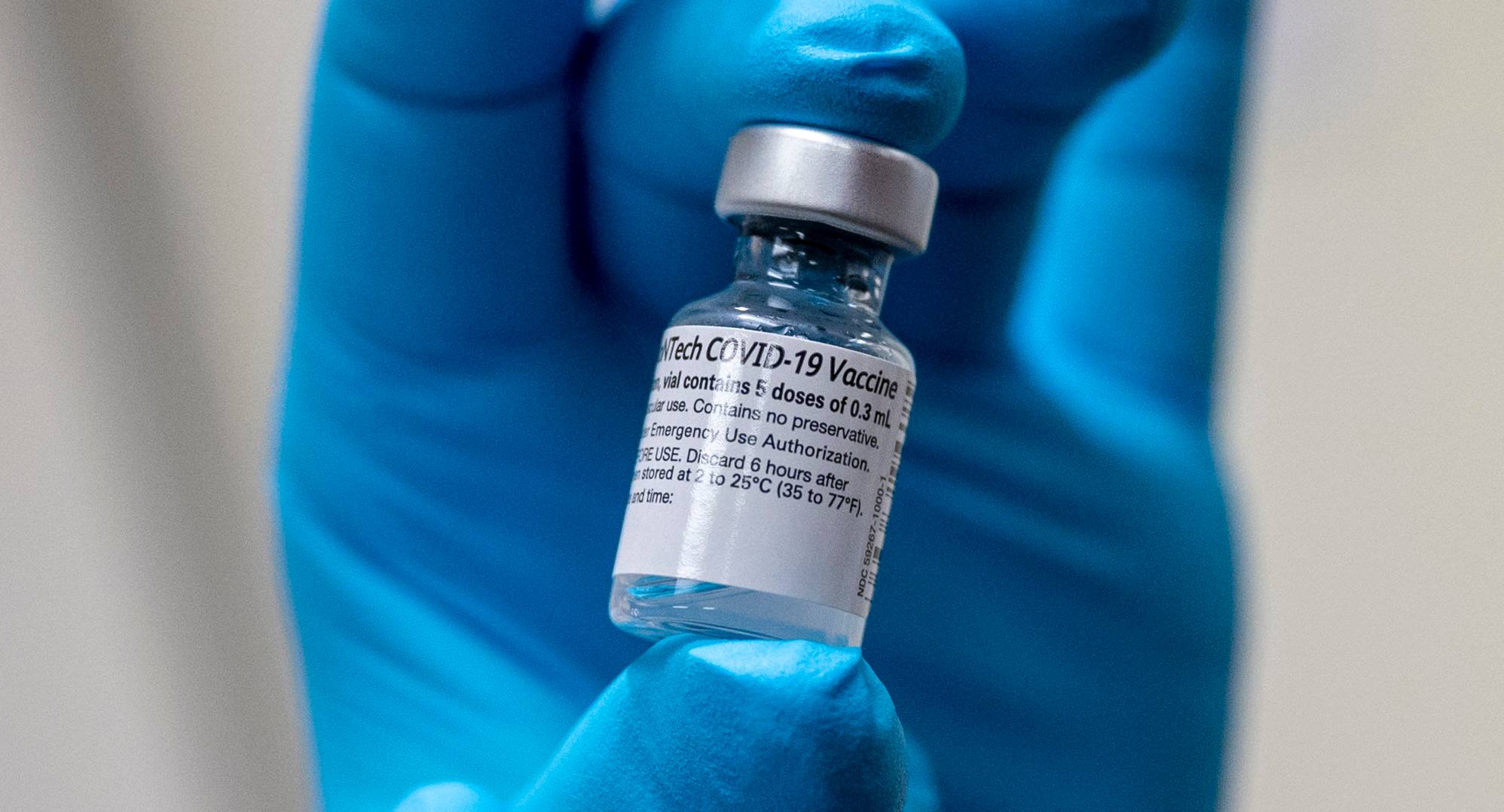CommuniVax aims to strengthen community role in COVID vaccination campaign
Jayme Blaschke | December 15, 2020

Emily Brunson, an associate professor of anthropology at Texas State University, will co-chair CommuniVax, a national coalition to strengthen the role and involvement of local communities in an equitable COVID-19 vaccination campaign.
Announced by the Johns Hopkins Center for Health Security at the Bloomberg School of Public Health on Dec. 15, the coalition will conduct rapid ethnographic research related to COVID-19 vaccination among historically underserved communities of color in the United States. Local research teams will listen to community members and work with them to develop suggestions on how to strengthen COVID-19 vaccine delivery and communication strategies. The coalition will synthesize and disseminate community viewpoints to national stakeholders to develop a more equitable and effective vaccination effort, with an enduring impact on public trust.
"This project represents a timely opportunity to support community alignment around COVID-19 vaccination," Brunson said. "There are many longstanding issues that need to be considered in this and future public health emergencies. It is important for public health experts and practitioners to learn from—and work directly with—communities to nurture trust and build collective ownership."
Brunson, along with co-chair Monica Schoch-Spana, a medical anthropologist and senior scholar at the Johns Hopkins Center for Health Security, have assembled five local research teams, a national expert working group and a network of national associations representing stakeholders on both sides of vaccination—that is, system operators and beneficiaries. Comprised of social scientists, public health authorities and community leaders, the teams have established relationships within the communities where they will work. Teams will work in San Diego, California, Southeastern Idaho, Baltimore, Maryland, Prince George’s County, Maryland, and Tuscaloosa, Alabama.
"By understanding the concerns and desires of people of color and the constraints they experience, and by supporting them to take charge of their hometown’s vaccination responses, this project has the potential to increase vaccination rates and decrease the health, economic and social effects of the pandemic," Schoch-Spana said.
The COVID-19 pandemic has disproportionally affected communities of color in the United States. Across the country, COVID-19 infection and mortality rates are highest in non-white groups, particularly Black, Indigenous and Latino populations. The pandemic has exacerbated systemic factors that drive longstanding health inequities among communities of color. The forthcoming vaccine(s) can help mitigate COVID-19 transmission and burden, but hard-hit communities must have an active role in the vaccination campaign.
CommuniVax received a $2 million grant from the Chan-Zuckerberg Initiative to fund the research. A key partner is the Association of Immunization Managers, which represents public health professionals working in the United States and territories to prevent and control vaccine-preventable deaths in their communities.
About the Johns Hopkins Center for Health Security
The Johns Hopkins Center for Health Security works to protect people from epidemics and disasters and build resilient communities through innovative scholarship, engagement, and research that strengthens the organizations, systems, policies and programs essential to preventing and responding to public health crises. The center is part of the Johns Hopkins Bloomberg School of Public Health, located in Baltimore, Md.
About Texas State University
Founded in 1899, Texas State University is among the largest universities in Texas with an enrollment of 38,694 students on campuses in San Marcos and Round Rock. Texas State’s 205,000-plus alumni are a powerful force in serving the economic workforce needs of Texas and throughout the world.
Share this article
For more information, contact University Communications:Jayme Blaschke, 512-245-2555 Sandy Pantlik, 512-245-2922 |